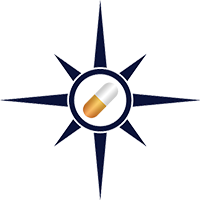



API Suppliers

US DMFs Filed

CEP/COS Certifications

JDMFs Filed
Other Certificates
Other Suppliers

USA (Orange Book)

Europe

Canada

Australia
0

South Africa
Uploaded Dossiers
U.S. Medicaid
0
Annual Reports
0
Impressions: 2821
https://www.pharmacompass.com/radio-compass-blog/fda-haunted-by-problems-at-chinese-plant-sun-pharma-gets-entangled-in-price-gouging-furor
Impressions: 2173
https://www.pharmacompass.com/radio-compass-blog/india-cracks-the-whip-on-quality-and-compliance-eli-lilly-loses-patent-infringement-case-in-china


